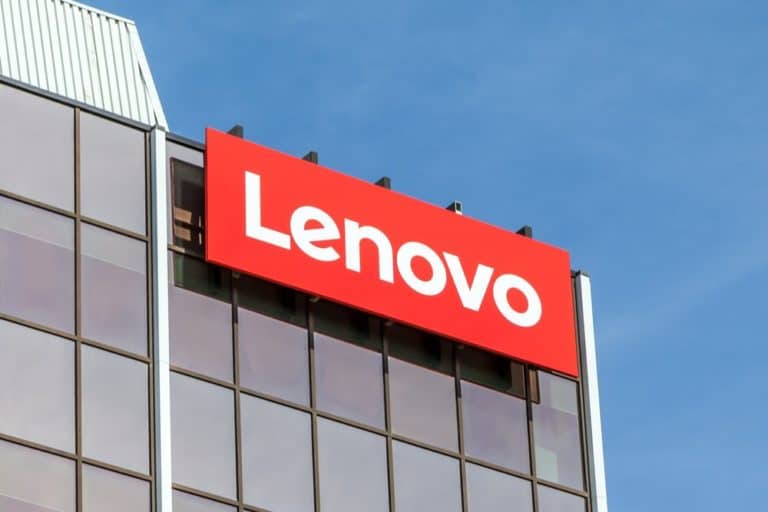Lenovo and Intel have partnered to optimize data center technologies for convergence between high-performance computing and artificial intelligence (AI).
Lenovo believes its HPC infrastructure is the ideal platform to address the major computing challenges. AI software has the unique position to solve these challenges. However, this requires a lot of processing power.
Lenovo thinks it can get a big head start by optimizing its infrastructure to use the latest processor technologies from Intel, writes Silicon Angle. For this reason, the companies have entered into a multi-year, global partnership to accelerate the convergence of HPC and AI.
The partnership builds on an existing partnership where Lenovo combined its Neptune liquid pooling technology with Intel’s 2ndGen Xeon Scalable processors. That hardware combination is now used in 173 of the five hundred fastest supercomputers in the world.
New combination
Now companies want to optimize Lenovo’s cloud-based TruScale Infrastructure Service with Intel technologies. These include the Xe computing architecture, Optane DC persistent memory, the oneAPI programming framework and Xeon Scalable processors. Those processors come with built-in AI accelerators called Deep Learning Boost.
It’s not just hardware that’s being looked at. The two companies also focus on the software needed to drive the next-generation infrastructure. Lenovo says to optimize its LiCO HPC/AI software stack on Intel’s technologies, and streamline it with the Intel oneAPI framework.
The two companies are also working on new DAOS advanced storage frameworks, which can help make it easier to run applications on the HPC infrastructure.
Joint centres
Finally, the two companies want to set up joint HPC & AI centres at different locations worldwide. The centres should be made accessible to universities and other researchers, in the hope that some of humanity’s greatest challenges can be solved. These include, for example, cancer research and climate change.
This news article was automatically translated from Dutch to give Techzine.eu a head start. All news articles after September 1, 2019 are written in native English and NOT translated. All our background stories are written in native English as well. For more information read our launch article.